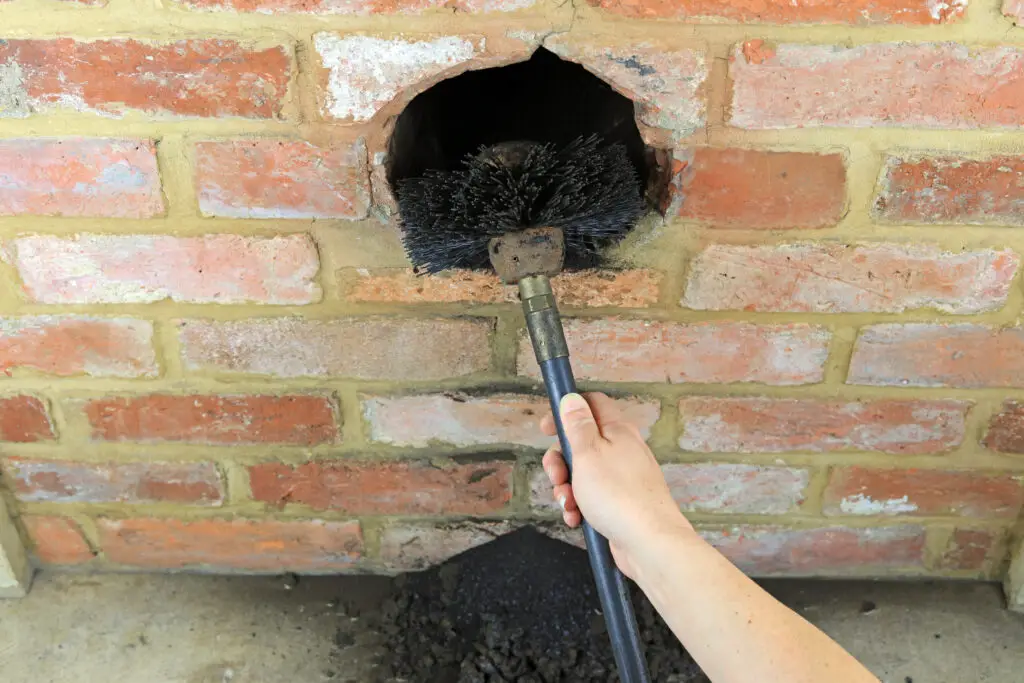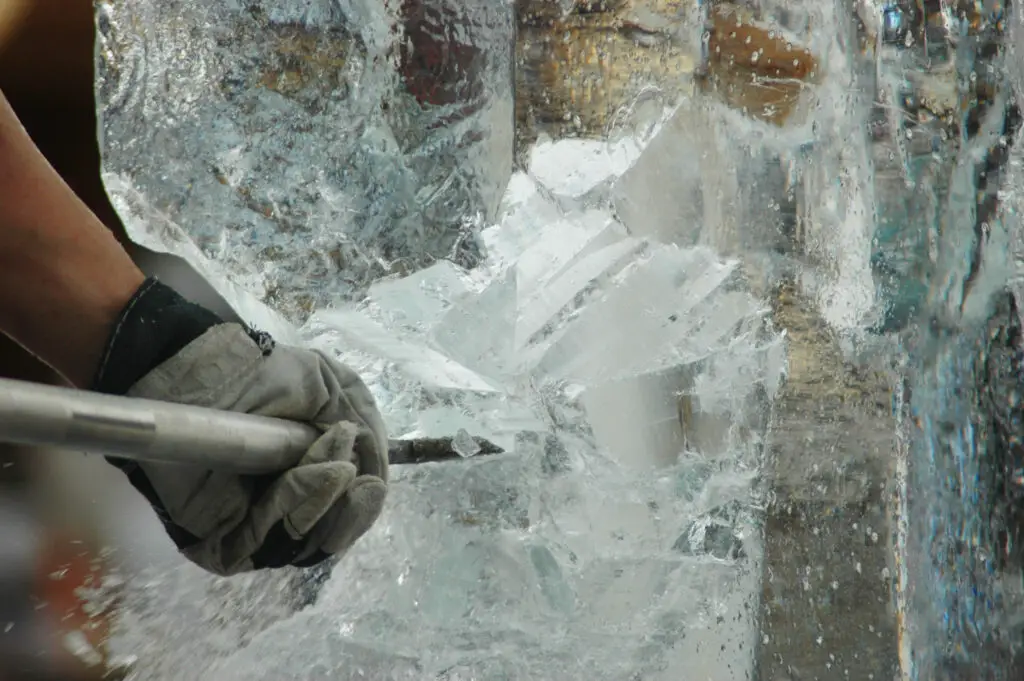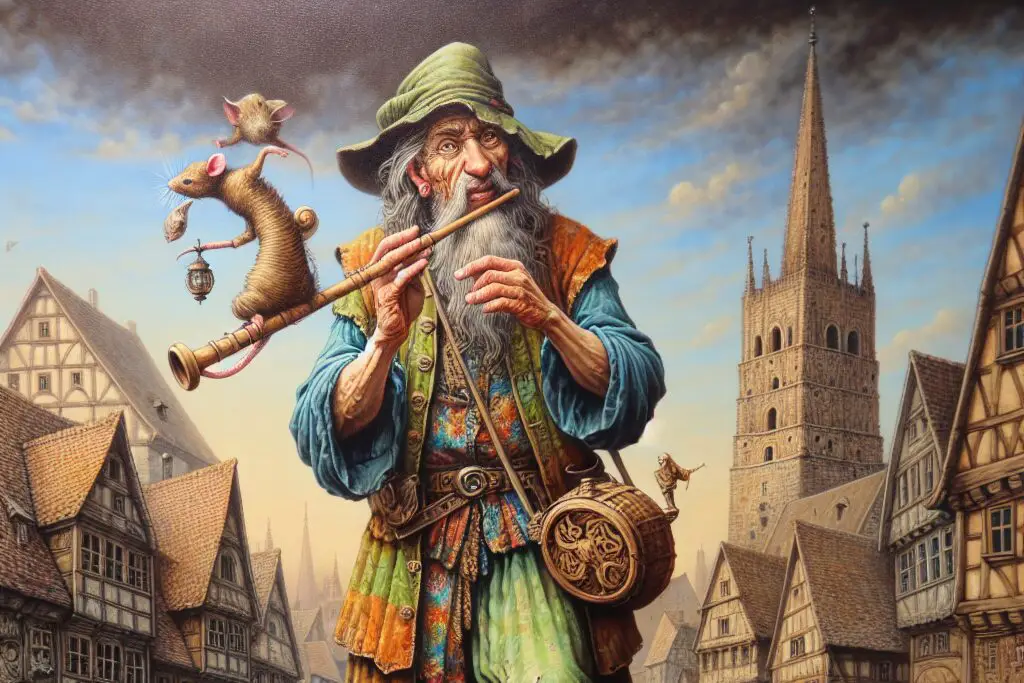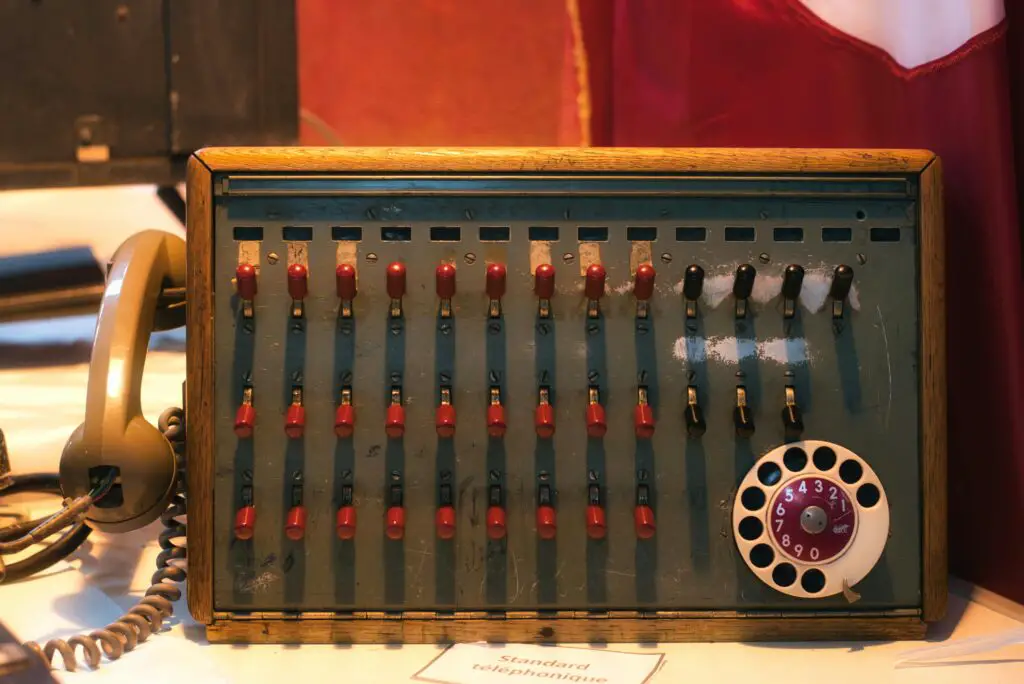1. Knocker-Up

Before alarm clocks were as reliable as they are today, a “knocker-up” was the person who made sure workers woke up on time. Armed with a long pole or a small stick, the knocker-up would tap on the windows of their clients, ensuring they got up early for their shifts. In the industrial revolution, when factory work was tightly scheduled, this job was essential in bustling urban areas, where people couldn’t always rely on internal clocks or the rising sun to wake them up.
This job was particularly common in the UK, but it also found its way into parts of the U.S. and other industrialized nations. The knocker-up would make their rounds early in the morning, waking up several people before the start of their workday. It might sound quirky, but it was a job that provided a necessary service—almost like the human version of the snooze button.
2. Leech Collector

In the 18th and 19th centuries, leeches were commonly used in medicine for bloodletting, a practice believed to cure various ailments. The leech collector’s job was to head into the wild, often waist-deep in muddy ponds, to harvest leeches for hospitals and apothecaries. These workers had a vital role in supplying the demand for medicinal leeches used in everything from minor ailments to serious surgeries.
Leech collectors would use special tools, like jars or nets, to catch these bloodsuckers, which were then sold to doctors or blood-letter practitioners. It’s hard to imagine anyone today willingly collecting these creatures, but back then, they were seen as a necessary part of healing. The practice eventually died out, though, and while leeches are still used in certain medical contexts, it’s no longer a job that people actively pursue.
3. Chimney Sweep

The chimney sweep is a career we’re all familiar with thanks to old-timey movies, but it was a real, dangerous job in the past. Often, young children were employed to climb into narrow chimneys to clear out soot and ash. The task was grueling and hazardous, as the soot would often contain toxic substances, and children were sometimes stuck in chimneys for long hours.
Though the job has largely been replaced by modern technology, it remained a vital profession for centuries, especially in homes with open fireplaces. Without chimney sweeps, the risk of house fires from clogged chimneys was significantly higher. Today, while chimney sweeping is still a profession, it’s much safer and done by adults using specialized tools, not children squeezed into tight spaces.
4. Ice Cutter

Before refrigeration, ice was an essential part of keeping food fresh, and cutting ice from lakes was a serious business. Ice cutters would head out in winter to harvest blocks of ice from frozen lakes, which were then stored in icehouses to be used year-round. This was a physically demanding job requiring skill in both cutting the ice and managing the logistics of storing it.
The ice-cutting industry boomed in the 19th century, with ice being shipped all over the world. Icehouses were once a common sight, and entire industries depended on the consistent supply of ice. But with the advent of refrigeration and modern cooling systems, ice cutting slowly disappeared, though it was vital for preserving food before we had electric fridges.
5. Town Crier

The role of the town crier was central to communication in the past. Before newspapers or radios, a town crier would walk through the streets, ringing a bell to announce the latest news, proclamations, or royal decrees. These criers would often memorize long lists of important messages, ensuring everyone in town was aware of the most important happenings.
Though the profession was phased out with the advent of mass media, town criers were once a trusted source of information, sometimes even delivering important legal notices or emergencies. Today, we might look at the idea of someone walking around shouting the news as an odd relic, but in its time, it was a lifeline for staying informed. Some towns still hold town crier competitions, but for the most part, it’s a career relegated to history.
6. Elevator Operator

In the early days of elevators, they were operated by a person who would manually control the movement of the lift. Elevator operators were responsible for ensuring the lift stopped at the right floors and making sure passengers got in and out safely. This job was particularly prevalent in tall buildings and hotels before the advent of automatic elevators.
For many years, elevator operators were a staple in large urban buildings, often serving as a point of contact for visitors. They would know the building’s layout and even act as a guide to those unfamiliar with the building. As technology improved and elevators became self-operating, the job was phased out, but it was once seen as a reliable position in bustling cities.
7. Rat Catcher

Before modern pest control methods, rat catchers were a necessary part of keeping cities from being overrun by vermin. These individuals would be hired to remove rats from homes and businesses, often using traps, poison, or even trained animals like terriers. The job was essential in preventing the spread of disease, as rats were often carriers of illnesses like the plague.
In urban areas, where rats thrived in the trash-filled streets, the work was both grim and crucial. The rat catcher was a bit of an unsung hero, quietly working to keep the public safe from the dangers of these rodents. With advances in pest control and sanitation, rat catchers have become nearly obsolete, though the term still exists in folklore and the occasional profession.
8. Switchboard Operator

Before the advent of direct dialing, switchboard operators connected phone calls manually by plugging and unplugging wires. These workers sat in front of large switchboards, listening for incoming calls and physically routing them to the appropriate lines. This job was essential in the early days of telephone service and required excellent memory and multitasking skills.
Switchboard operators were often women and worked in highly social environments, acting as the “voice” of communication in bustling offices or telephone exchanges. As technology progressed and automated systems took over, the job became a thing of the past. Today, we barely think about how our calls are routed, but once upon a time, it was entirely up to these operators to make sure our messages got through.
